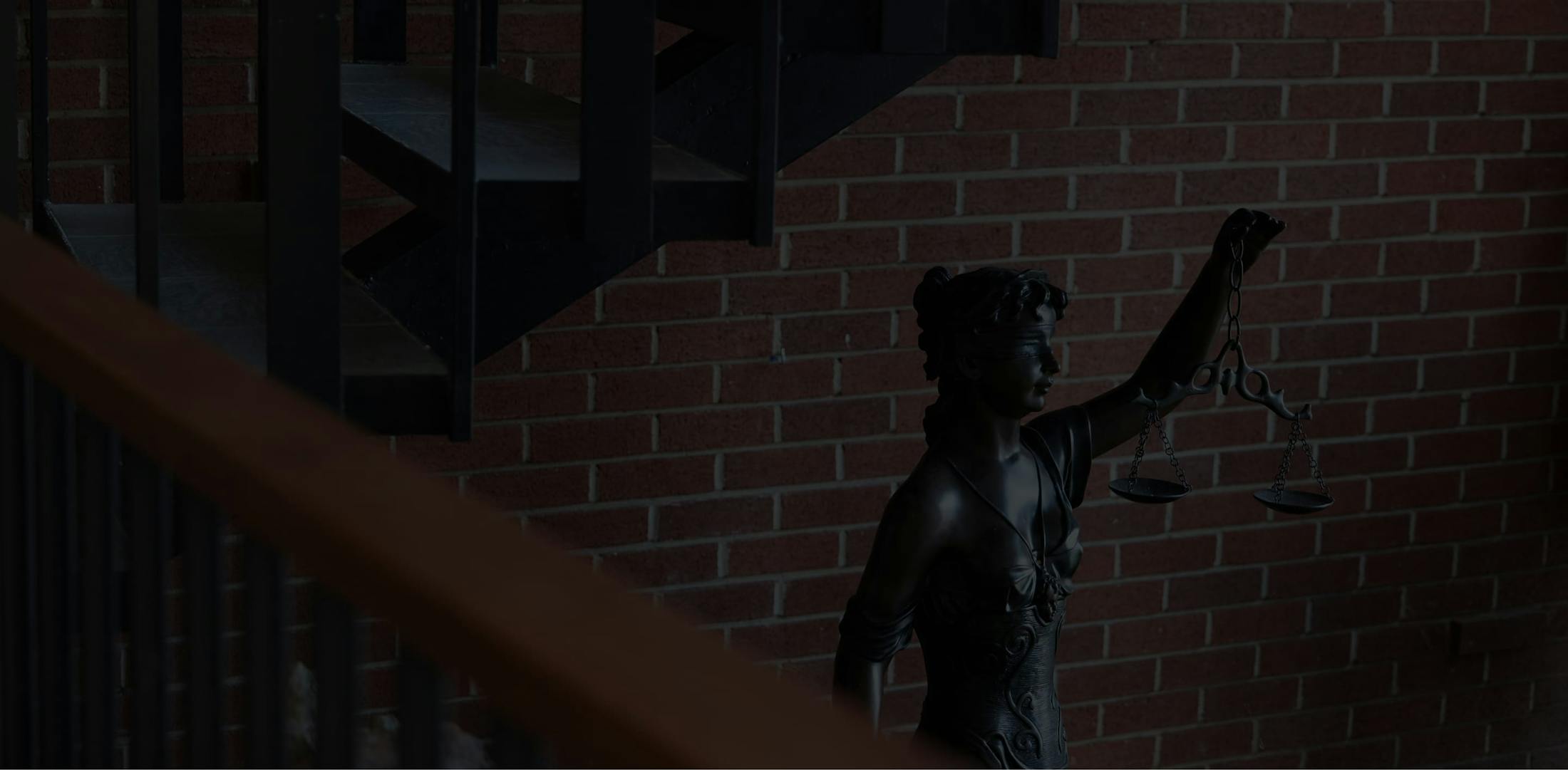Losing a loved one is one of life’s most painful experiences. When that loss is due to someone else’s negligence or misconduct, the pain is only compounded by a sense of injustice.
What Constitutes Wrongful Death?
Wrongful death refers to a legal claim brought against a party who is responsible for causing someone’s death due to negligence, recklessness, or intentional actions. Common examples include:
- Car accidents that are caused by drunk driving, speeding, or other forms of negligence.
- Medical malpractice that results in a patient’s death, such as surgical errors or misdiagnosis.
- Workplace accidents caused by unsafe conditions or failure to follow safety regulations.
- Defective products that lead to fatal injuries, such as faulty machinery or pharmaceuticals.
- Criminal acts, including assault, homicide, or manslaughter, resulting in death.
In essence, wrongful death occurs when someone’s actions or failure to act results in the preventable death of another person, leading to legal liability for damages. These damages may include compensation for medical expenses, funeral costs, lost income, pain and suffering, and loss of companionship for surviving family members. Wrongful death laws vary by jurisdiction. Thus, it’s essential to consult with a knowledgeable attorney to understand your rights and options if you believe a loved one’s death was preventable.






